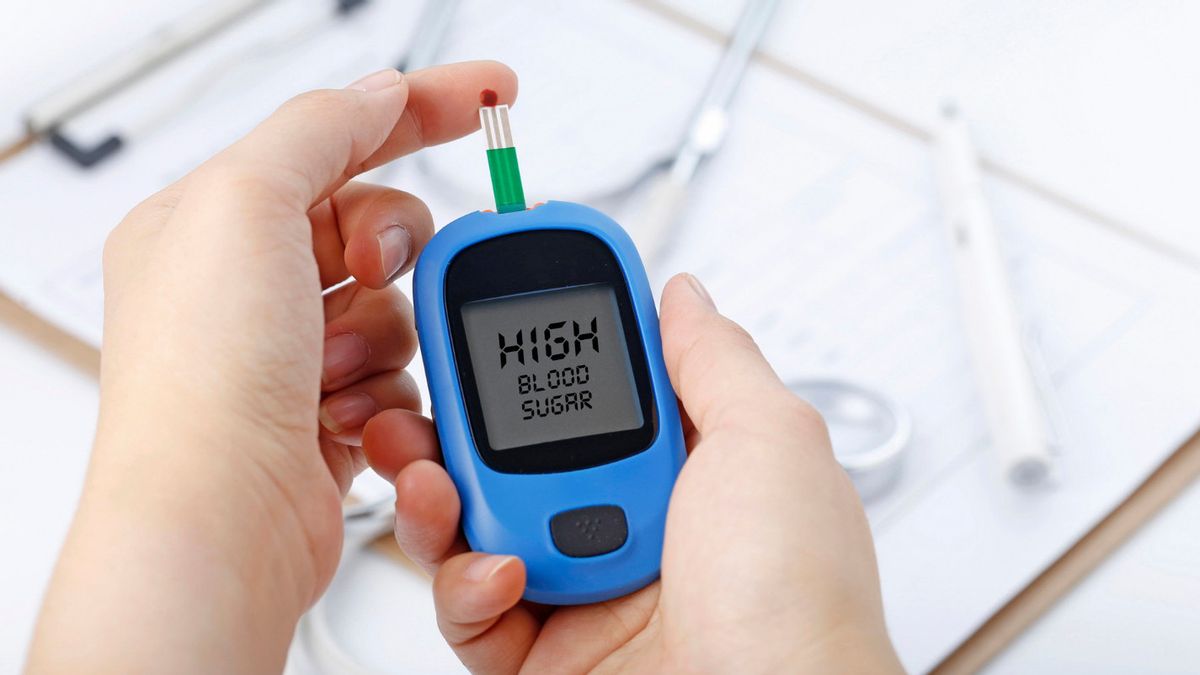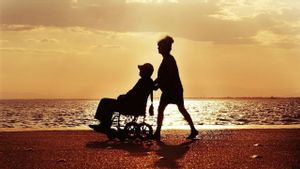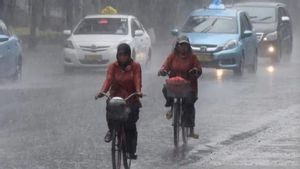YOGYAKARTA The month of Ramadan is eagerly awaited because it is full of grace, forgiveness, and virtue so that it is filled with worship. Including carrying out the obligation to endure hunger and thirst as well as things that break the fast from dawn to sunset. But is fasting safe for diabetics? What should be considered during fasting? The following is recommended by doctor Hansa Nurhaida, a team of doctors from Ai-Care, who you need to see.
No exception for diabetics, everyone needs to make sure the body remains active during fasting. But it needs to be considered, the types of activity, frequency, and intensity.
Keep ensuring that the body is active is useful in reducing insulin resistance. However, diabetics need to be adjusted to physical activities to avoid complications.
It is not impossible for diabetics to fast a full month. But it is important to ensure that your body's condition is controlled. So it is advisable to regularly check blood sugar levels.
Sahur is important for people with diabetes before starting to fast every day. This needs to be done to minimize the risk of hypoglycemics, dehydration, causing fainting.
If the condition of the body is controlled, especially blood sugar and does not miss sahur, then you can still do various activities. For example, walking, washing, walking from house to station, and others. Even good if you follow tarawih prayers because of the repetition movement in worship is good for people with diabetes.
Exercise can be done outside of daily activity. However, doctor Hansa suggested doing so in the morning or before breaking the fast with light to moderate intensity. Well, exercise with severe intensity should be avoided during Ramadan fasting.
Ensuring blood sugar levels is important for diabetics. Especially to monitor the upper and lower limits. According to doctor Hansa, if blood sugar levels are below 70 mg/dL, you need to break your fast. Upper limits if more than 300 mg/dL, also need to break the fast.
People with diabetes also need to break their fast when there are certain symptoms. Such as hypoglycemia, shaking hands, cold sweat, chest palpitations, excessive hunger, changes in consciousness, confusion, and headaches. The second symptom, namely dehydration which is characterized by excessive thirst, deep and persistent urine, concave eyes, fast breathing, arguing heart, fainting and seizures. In addition to these two symptoms, it is also important not to fast when experiencing acute disease.
Those are the doctor's advice and tips for diabetics. For those of you who fast, always fast and be healthy.
The English, Chinese, Japanese, Arabic, and French versions are automatically generated by the AI. So there may still be inaccuracies in translating, please always see Indonesian as our main language. (system supported by DigitalSiber.id)












